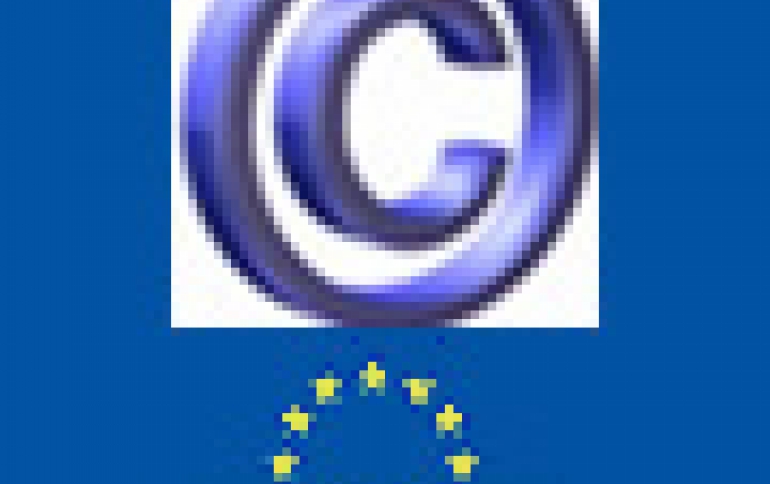
Europe to Adopt Stricter Anti-piracy Laws
EU directive aiming at harmonising national criminal law was backed by the European Parliament when it adopted on Wednesday a first-reading report on legislation imposing criminal sanctions for the infringement of intellectual property rights.
If ultimately adopted, the directive will oblige all Member States to regard any intentional infringement of an intellectual property right carried out on a commercial scale as a criminal offence.
The European Parliament decided that criminal sanctions should apply only to infringements deliberately carried out to obtain a commercial advantage. Piracy committed by private users for personal, non-profit purposes is therefore also excluded.
The proposed directive aims to ensure that national judicial authorities will always be able to impose sufficiently serious penalties by setting out minimum levels for the upper limits on punishments imposed by national law.
At present maximum fines for violating intellectual property rights range from £586 in Greece to £67,000 in Holland.
Under the new directive, in cases of serious crimes committed by a criminal organisation, the maximum penalty must be at least €300,000 and/or four years' imprisonment. The same applies where the offences carry a health or safety risk. For less serious infringements, the maximum penalties should include criminal and civil fines of at least €100,000. Aiding or abetting and inciting anyone to infringe intellectual property rights will also be treated as a criminal offence. In some cases, remedies can include the seizure and destruction of counterfeited goods.
This is the first directive using criminal law. The text adopted by the Parliament will be sent to the Council for discussion by national governments.
The European Parliament decided that criminal sanctions should apply only to infringements deliberately carried out to obtain a commercial advantage. Piracy committed by private users for personal, non-profit purposes is therefore also excluded.
The proposed directive aims to ensure that national judicial authorities will always be able to impose sufficiently serious penalties by setting out minimum levels for the upper limits on punishments imposed by national law.
At present maximum fines for violating intellectual property rights range from £586 in Greece to £67,000 in Holland.
Under the new directive, in cases of serious crimes committed by a criminal organisation, the maximum penalty must be at least €300,000 and/or four years' imprisonment. The same applies where the offences carry a health or safety risk. For less serious infringements, the maximum penalties should include criminal and civil fines of at least €100,000. Aiding or abetting and inciting anyone to infringe intellectual property rights will also be treated as a criminal offence. In some cases, remedies can include the seizure and destruction of counterfeited goods.
This is the first directive using criminal law. The text adopted by the Parliament will be sent to the Council for discussion by national governments.





















